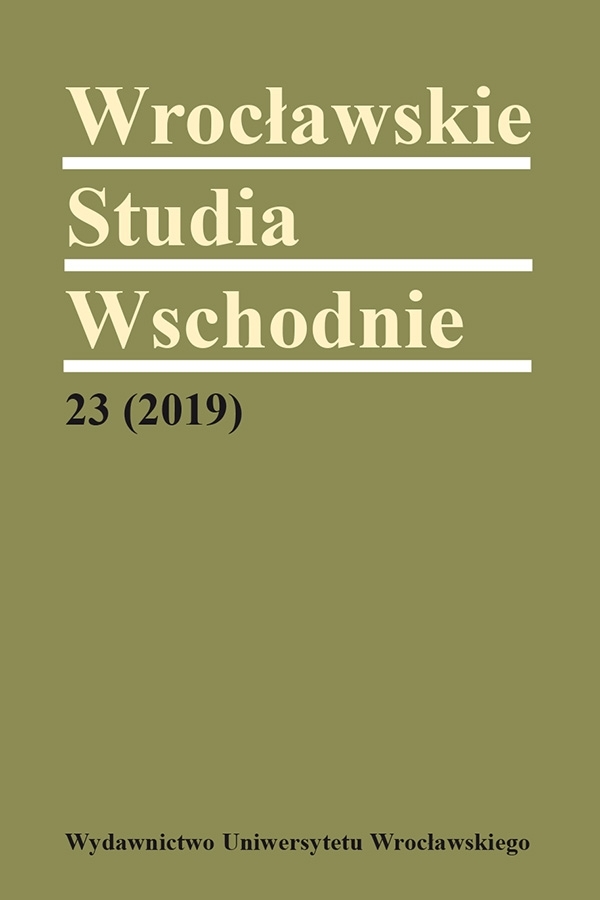

Miscellanea

К вопросу о репатриации поляков Северного Кавказа в Польшу после Первой мировой войны
В статье на основе архивных документов и опубликованных исследований рассматриваются особенности репатриации в Польшу проживавших на Северном Кавказе этнических поляков как беженцев Первой мировой войны и военнопленных, так и российских поданных. Отмечается, что процесс массовой репатриации, начавшийся сразу же после окончания Первой мировой войны, в основном завершился в 1923 году. Этот короткий временной отрезок, можно условно разделить на несколько этапов. Первый — от восстановления 11 ноября 1918 года польской государственности и до весны 1920 года. На этом этапе репатриацией в основном занимались региональные польские дипломатические представительства и национальные политические организации. Второй — с весны 1920 года, когда на Северном Кавказе окончательно утвердилась советская власть, и до конца 1921 года. На этом этапе репатриацию осуществляли отделения Центрального управления по эвакуации населения и польские национальные секции. Завершающий этап массовой репатриации приходится на 1922–1923 годы.
The policy of the conversion of the Soviet Gipsies to a settled and agricultural way of life in the south of Russia in the 1920s–1930s
The article deals with the policy of the Soviet state on the indigenization of the south Russian Gipsies in the interwar period 1920s–1930s. According to the normative acts of the Soviet authorities, the local land bodies were obliged to provide with land from the vacant land fund and according to the local working norm those Gipsies who were willing to convert to a settled way of life and engage themselves in agricultural business. The authors adhere to the viewpoint that the indigenization of the Gipsies and the organization of their national collective farms was the result of the compromise between the interests of the authorities and those of the Gipsy communities. The Gipsies pursuing their own pragmatic goals supported the organization of the collective farms provided they could benefit from this. But as soon as the collective farms became onerous for them the Gipsies having received the cash benefits and loans would at once abandon the allotted land. The authors of the article are of the opinion that for all the controversy of the policy of the conversion of the Gipsies to a settled way of life, the very existence of the Gipsy settlements is a positive form of their national and cultural development.